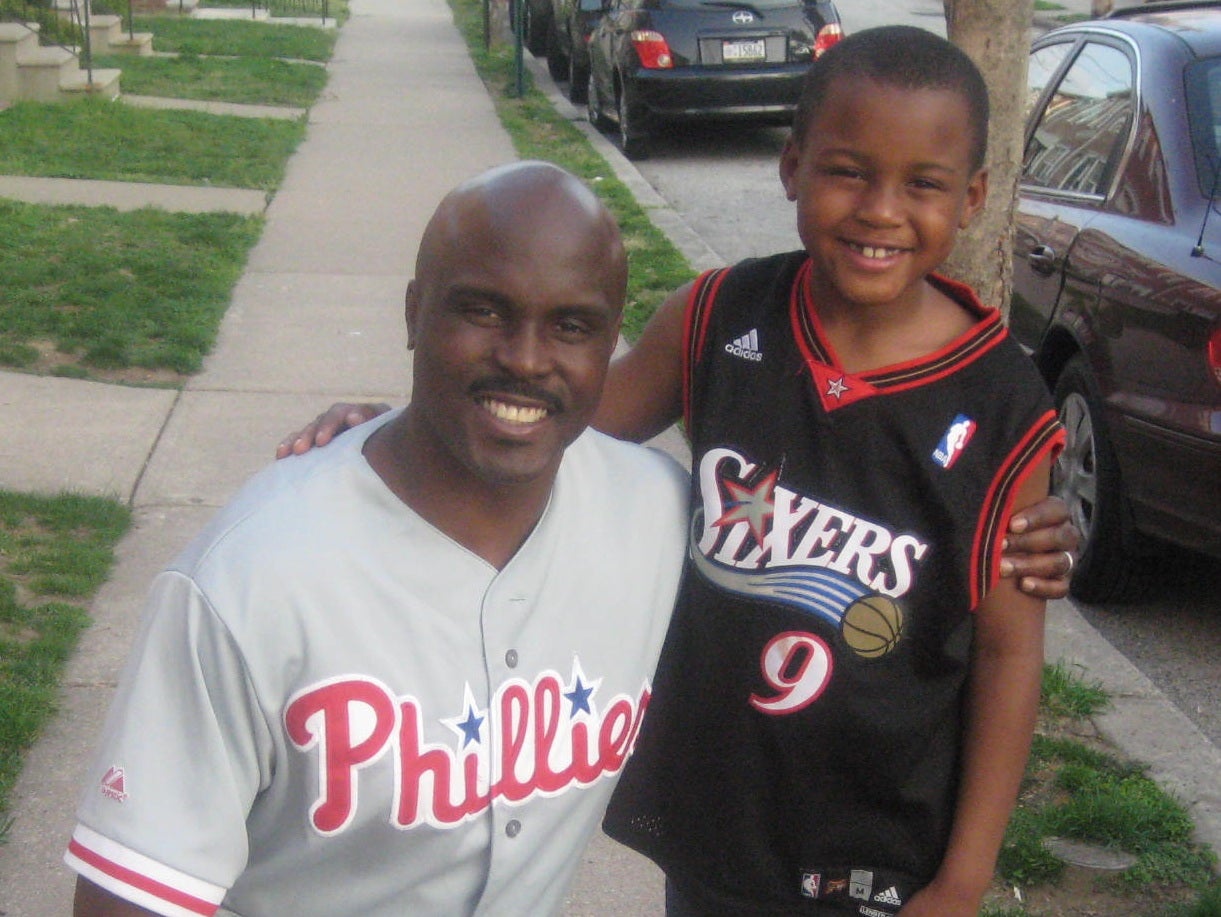
I was moved by the tragic shooting death of 17-year-old Trayvon Martin at the hands of George Zimmerman, a self-appointed Townwatch captain in Sanford, Florida. It wasn’t just the senseless brutality or the racial implications that moved me. It was Trayvon’s smiling picture. He looked like an older version of my 7-year-old son.
Perhaps it was his hopeful smile, or the brown tint of his skin, but Trayvon’s picture was so eerily reminiscent of our son, Solomon, that my wife could no longer watch the news. For her, Trayvon’s face was a painful reminder of the dangers our son might someday face. For me, however, the picture conveyed a simple message: Someday is now, and I must continue preparing my son for the reality of life as a Black man.
I began his preparation at the moment I saw the three-dimensional ultrasound of my handsome baby boy. I wrote a letter about what it meant to be a Black man. Then I sat my wife down and read it to my son in the womb. I warned him that he would be shunned for his Blackness and envied for his talents. I cautioned him that there would those who would try to block his blessings. I encouraged him to rise above the hatred he would undoubtedly face. But that was just the beginning.
When he emerged as a grinning brown baby, I nicknamed him Goodtime Charlie. Then I prayed that the world wouldn’t steal his smile with the weapons of racism and fear. I’d been called the N-word and chased by racists while riding my bike as a child. I’d grown up to see White women clutch their pocketbooks when I boarded an elevator. I’d spied the rage in White men’s eyes when their women looked at me and smiled.
Knowing my son could experience these things, I backed up my prayers with love, because love is the first weapon that consistently defeats hatred. I tell my son I love him often, and demonstrate it not only with wrestling matches and bike rides, but also with hugs and words of encouragement. I demonstrate my love with correction, because if I fail to administer loving discipline at home, he’ll be disciplined in the street by people who don’t love him at all.
The second weapon against hatred is faith. It’s been faith that has gotten me through many an unwinnable situation, and I know faith can do the same for my son. I pray with my son almost nightly. I share my triumphs and failures. I take him to my place of worship. I try to be an example. I don’t do this to show him that I never fail. I do it to show him that God never fails.
Finally, I arm my son with hope. That’s why I took him with me to vote for President Obama. My son had to know that he could hope to one day be president, too. Hope is why I tell him he’s smart when he starts to doubt his intellect. Hope is why I tell him to dream beyond anything he sees. Hope is why I teach him to respect and obey authority. Hope is why I parent my son to grow into a man, because as the heartbreaking case of Trayvon Martin proves, sometimes hope is all we’ve got.
Solomon Jones is a bestselling author and award-winning journalist. His latest novel is The Gravedigger’s Ball (Minotaur Books, 2011).